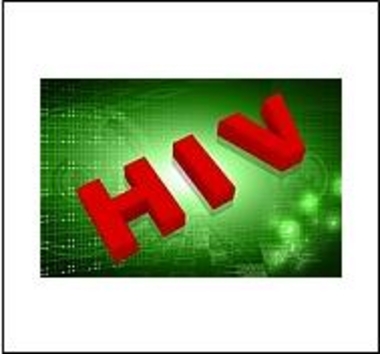The “or else” you don’t want

by Mary Turner
HIV Health Columnist
Way back in the day, whenever I misbehaved, my parents would often threaten me by saying, “You’d better stop that or else!” To this day, I have no idea what “or else” is or might have been. The words were powerful enough to correct any bad behavior on my part. It worked equally well on my friends.
Probably the main reason that such a veiled threat held so much power is that I had no idea what to expect. My imagination would run wild with all kinds of possibilities. If I had known what to expect, I could have prepared myself for such a fate or deemed it non-scary. This might explain why some of you have engaged in risky behaviors, but you haven’t gotten tested for HIV and other sexually transmitted infections yet.
The unknown outcome of the tests loom over you and the “How do I live my life if I test positive?” question terrifies you too much to seek help. Knowledge can be power, and that can be a lifesaver. Knowing your status can help you much more than hurt you. The sooner you know you are HIV+, the sooner you can begin life-saving treatments. If you are a pregnant woman, knowing your status can help you take steps to keeping you and your baby safe. Knowing your status can also help you make better decisions about your sexual behaviors and how to keep your partner safe.
It’s easy for us to convince ourselves that our risks are low, but often, people don’t know that some of their behaviors increase their risks. One group in which infections such as HIV, Hepatitis C, and other sexually transmitted infections have been on the rise is people aged 55 and older. These are individuals past childbearing age, so they figure they are free to have a good time - without protection.
However, we are long past the days when an unplanned pregnancy was the worst result of unprotected sex. We’re beyond the days of the bacterial infections that caused some embarrassment but responded well to antibiotics. This is the age of viruses, and viruses are forever. In spite of that fact, it is possible for people to make a conscious decision to live their lives with the virus.
The Centers for Disease Control (CDC) offers some short, inspirational testimonials of people living with HIV. They come from all walks of life and tell their stories in a very honest, straightforward way. You can view them at http://tinyurl.com/lx84ug7 or http://www.cdc.gov/CDCtv/.
Don’t let not knowing your status be the “or else” that sets you up for misery. Face your fears. Get tested. Take back your life and live it to the fullest.
The Gayly – March 9, 2015 @ 12:40pm.





